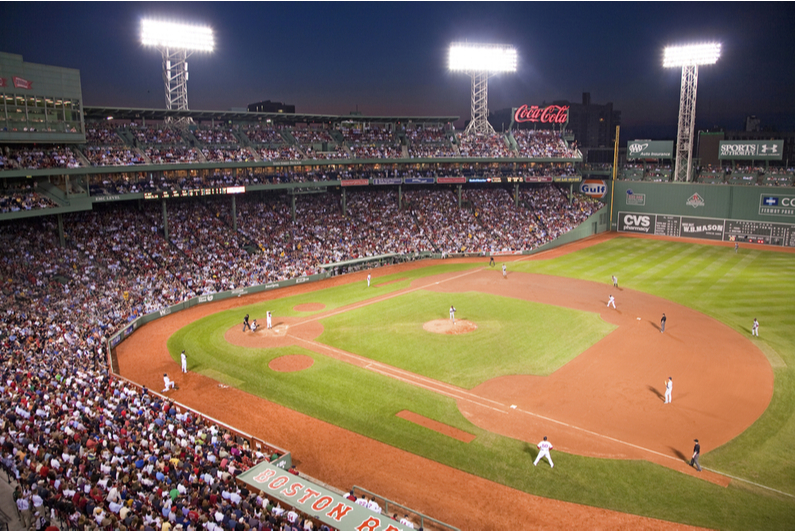Learning from other states
Massachusetts Senator Eric Lesser is the latest lawmaker seeking to introduce legal sports betting in the state, though his bill would only allow for betting on professional sports and not events taking place at the college or high school level.
measures that would protect consumers, athletes, and the integrity of sports
Only people who are at least 21 years old would be able to place bets under SD 2365 and the use of credit cards for betting would be prohibited. Speaking with reporters on Monday, the senator also explained that his bill would contain measures that would protect consumers, athletes, and the integrity of sports.
Lesser discussed how neighboring states like Rhode Island and New Hampshire already have legal sports betting. He believes that Massachusetts can learn from other states to figure out the best approach to take with legalization.
Multiple license types
Under this new sports betting proposal, the Massachusetts Gaming Commission would be in charge of issuing licenses and regulating the industry. Three different types of operator licenses would be up for grabs and each would require renewal after five years.
A Category 1 license would cover slot parlors and casinos. It would carry an application fee of at least $1m, an initial $2.5m license fee, and a $1m renewal fee. The Category 2 license would be available to certain racetracks. Its minimum application fee would be $1m, it would have a $1.5m initial license fee, and a $500,000 renewal fee. Finally, the Category 3 license would be for online betting operators. The application fee would be at least $2m, the initial license fee $7.5m, and would have a renewal fee of $3m.
Category 1 and Category 2 licensees would pay a 20% tax rate on revenue, while Category 3 license holders and daily fantasy sports operators would pay a 25% tax. Data suppliers would also require a license, paying an application fee of at least $1m, an initial license fee of $5m, and a $2m renewal fee. Senator Lesser estimates that tax revenue could be between $30m and $35m annually from sports betting.
Other legalization attempts
Previous attempts to legalize sports betting in Massachusetts have been unsuccessful despite having the backing of the state’s five professional major league sports teams, gambling operators, and a major labor union. The state has a population of almost seven million, many of whom are massive sports fans so it would represent a ripe market for sportsbooks.
So far in the current legislative session, the Massachusetts legislature has seen the filing of a number sports betting-related bills. Governor Charlie Baker is in favor of legalization and included plans for a regulated sports betting sector in his 2021 budget proposal. State lawmakers removed these plans from the final draft. The governor is still pursuing the issue through HD678. This proposal would not allow betting on college sports, proposing a 10% tax rate for retail sportsbooks and a 12.5% rate for online sportsbooks.
Some sports betting operators already have a presence in Massachusetts. DraftKings has its headquarters in Boston, Wynn Resorts owns the Encore Boston Harbor casino resort, MGM Resorts International has the MGM Springfield casino resort, and Penn National Gaming owns the Plainridge Park Casino.
